Share
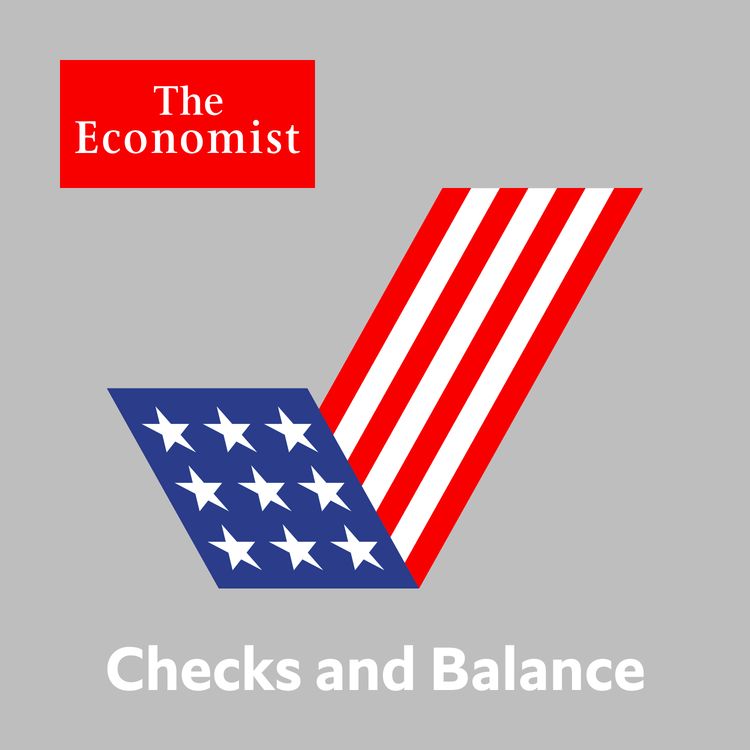
Checks and Balance from The Economist
Checks and Balance: University challenge
Amid the lockdown some American students have filed lawsuits to get refunds on their tuition fees. Shifting classes online has rekindled concerns about the high cost of college education. Last year an FBI investigation exposed wealthy parents paying to cheat elite university admissions. The perception that university is no longer a driver of social mobility - but the opposite - fuels the political divide. How true is that?
In this episode US policy correspondent Idrees Kahloon reports on a scheme that helps poor students complete college, we unpick the complicated history of American meritocracy, and hear from the frontline of the admissions process.
John Prideaux, The Economist’s US editor, hosts with Charlotte Howard, New York bureau chief, and Washington correspondent Jon Fasman.
Read The Economist’s full coverage of the coronavirus.
For access to The Economist’s print, digital and audio editions subscribe: www.economist.com/pod2020.
More episodes
View all episodes
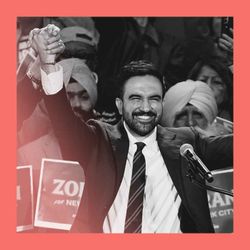
303. Free for all: Zohran Mamdani’s New York
49:10||Ep. 303New Yorkers are expected to elect Zohran Mamdani as mayor on November 4th. The Democratic Socialist has promised free childcare, a $30 minimum wage, and a rent freeze for millions. But the New Yorker in the White House has his own plans to “straighten out” America’s biggest city. John Prideaux hosts with Charlotte Howard and James Bennet.Transcripts of our podcasts are available via economist.com/podcastsListen to what matters most, from global politics and business to science and technology—subscribe to Economist Podcasts+ For more information about how to access Economist Podcasts+, please visit our FAQs page or watch our video explaining how to link your account.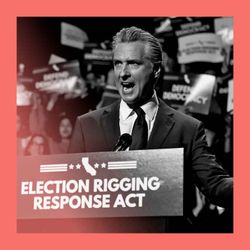
302. Map quest: gerrymandering and a race to the bottom
46:49||Ep. 302States across America are breaking norms and rushing to approve new congressional districts. These redrawn maps are likely to help the GOP in the midterm elections. The Supreme Court may also lend the Republicans a hand, as it reconsiders a key section of the Voting Rights Act. Charlotte Howard hosts with James Bennet and Steve Coll. Transcripts of our podcasts are available via economist.com/podcastsListen to what matters most, from global politics and business to science and technology—subscribe to Economist Podcasts+ For more information about how to access Economist Podcasts+, please visit our FAQs page or watch our video explaining how to link your account.
301. Deal or No Deal: Gaza in the balance
48:54||Ep. 301Donald Trump has brokered a deal in Gaza. The hostages are home and the prisoners released—how can the president ensure a lasting peace? John Prideaux hosts with Charlotte Howard and James Bennet.Transcripts of our podcasts are available via economist.com/podcastsListen to what matters most, from global politics and business to science and technology—subscribe to Economist Podcasts+ For more information about how to access Economist Podcasts+, please visit our FAQs page or watch our video explaining how to link your account.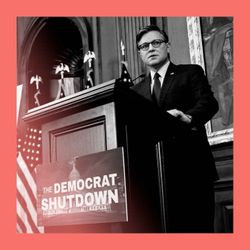
300. Health scare: the row at the heart of the shutdown
47:22||Ep. 300The government shutdown has entered its second week, and neither party appears ready to budge. The Democrats want to extend tax credits for people who use the Affordable Care Act. Political pressure appears to be building on Republicans to acquiesce. Will the politics of healthcare force them to give in? John Prideaux hosts with Stevie Hertz and Steve Coll.Transcripts of our podcasts are available via economist.com/podcastsListen to what matters most, from global politics and business to science and technology—subscribe to Economist Podcasts+ For more information about how to access Economist Podcasts+, please visit our FAQs page or watch our video explaining how to link your account.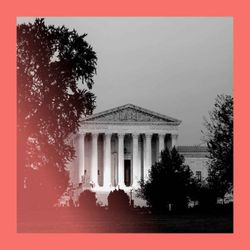
299. Tipped scales: the Supreme Court expands the president’s power
45:49||Ep. 299The Supreme Court begins a new term next week and it will likely be a good one for President Trump. Since its last term ended, the court has handed him victory in a string of emergency decisions. If the court continues to deliver for the president, he will be even more powerful than he is already. But at what expense?John Prideaux hosts with Charlotte Howard and Steve Coll.Transcripts of our podcasts are available via economist.com/podcastsListen to what matters most, from global politics and business to science and technology—subscribe to Economist Podcasts+ For more information about how to access Economist Podcasts+, please visit our FAQs page or watch our video explaining how to link your account.
298. Unstable bonds: America and Israel
49:29||Ep. 298Americans are souring on Israel. Isolationists in the Republican Party are questioning why Israel has been exempt from America First foreign policy. And Democrats worry about the humanitarian crisis in Gaza. In all, it’s a troubling sign for Israel and the special bond between the two allies.John Prideaux hosts with Charlotte Howard and James Bennet.Runtime: 49.29 Transcripts of our podcasts are available via economist.com/podcastsListen to what matters most, from global politics and business to science and technology—subscribe to Economist Podcasts+ For more information about how to access Economist Podcasts+, please visit our FAQs page or watch our video explaining how to link your account.
297. Blue scare: the rising Democratic Socialists
49:51||Ep. 297The Democratic Socialists of America are on the brink of capturing real power for the first time. But ahead of Zohran Mamdani’s probable election as New York mayor, the DSA has made its positions more politically palatable to a broader electorate. Is the DSA trying to ready itself for a greater role in American politics, beyond New York?John Prideaux hosts with Charlotte Howard and James Bennet.Features a clip from Paramount Pictures. Runtime: 49.51Transcripts of our podcasts are available via economist.com/podcasts Listen to what matters most, from global politics and business to science and technology—subscribe to Economist Podcasts+ For more information about how to access Economist Podcasts+, please visit our FAQs page or watch our video explaining how to link your account.
296. Turning point: USA
35:14||Ep. 296The assassination of Charlie Kirk comes after a string of political violence in the United States. The conservative activist was shot dead on Wednesday. Are America’s political leaders willing to try and lower tensions to prevent further violence?John Prideaux hosts with Charlotte Howard and James Bennet.Runtime: 35.14Transcripts of our podcasts are available via economist.com/podcasts Listen to what matters most, from global politics and business to science and technology—subscribe to Economist Podcasts+ For more information about how to access Economist Podcasts+, please visit our FAQs page or watch our video explaining how to link your account.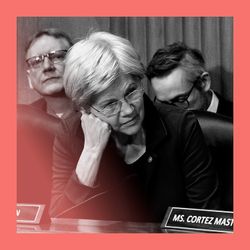
295. Disorganised chaos: why Democrats can’t stand up to Donald Trump
50:56||Ep. 295Trump’s approval rating is low, but it is higher than the Democratic Party's. Less than one year since losing the White House, the opposition party has failed to unite behind a common message and stand up to Trump. What makes it so hard? John Prideaux hosts with Charlotte Howard and James Bennet.Runtime: 50.56Transcripts of our podcasts are available via economist.com/podcasts Listen to what matters most, from global politics and business to science and technology—subscribe to Economist Podcasts+ For more information about how to access Economist Podcasts+, please visit our FAQs page or watch our video explaining how to link your account.